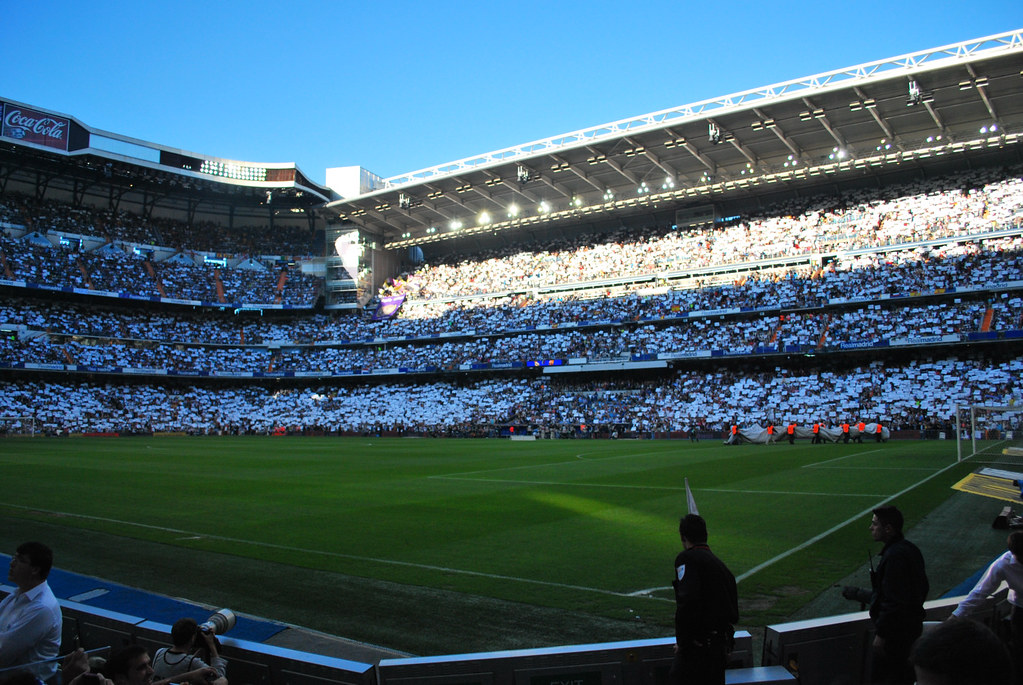On Sunday, April 18th, it became official that twelve of the European soccer powerhouses would secede from their respective domestic leagues and consolidate a European “Super League” amongst themselves. The league would consist of three Spanish, three Italian, and six English teams, with a combined value of $37.2 billion dollars between the competitors. This divorce from national leagues would further exacerbate the divide between the haves and the have-nots of soccer; the team that wins the inaugural Super League would be the recipient of $470 million, compared to the $141 million incentive given to the winner of the Champions League. In following years, the departure of these superteams would undoubtedly drain the Champions League of its prestige, as well as its finances. This would not only harm the league’s ability to thrive and grow, but would cut its oxygen off in regards to any credibility from their championship accolades.
Soccer fans across the globe expressed their distaste, responding through social media and organized boycotts. This displeasure soon manifested into physical protest; fans swarmed the stadiums of their beloved clubs with signs bearing statements like “Created by the Poor, Stolen by the Rich”, “Fans, Not Customers”, and “Are Three Yachts not enough for you, Roman?” (in reference to Roman Abramovich, oligarch, owner of Chelsea FC, and apparent proprietor of three yachts). The shared sentiment amongst the fans was that owners were willing to abandon them from one day to the next, at the prospect of turning billions into potentially trillions over time. However, to my interpretation, the greater context of events from the past few years indicates motivations for forming a Super League are slightly broader, although no less vapid or infuriating.
The shared sentiment amongst the fans was that owners were willing to abandon them from one day to the next…
To my mind, the attempted formation of this league was born not only out of greed, but out of pettiness. Several teams in the new league have had a previous gripe with UEFA, the supranational governing body for competitive European soccer. For instance, Florentino Perez– valued at $2.3 billion by Forbes Magazine in April– is the chairman and CEO of Grupo ACS, chief orchestrator of the Super League, and president of Real Madrid. In 2016, the Spanish side was barred from signing new players for two consecutive transfer windows (one calendar year), after violating rules regarding the signing of players under the age of eighteen. They were also fined 360,000 Swiss Francs. A slap on the wrist, but still a public humiliation dealt to the Spanish billionaire. Several other teams had also received punishment from UEFA that aggrieved their billionaire owners. In 2019, Chelsea was handed a similar two-window transfer ban. They were essentially accused of recruiting minors for their youth teams from foreign countries, without the requisite paperwork. Manchester City was issued a similar charge of violating Article 19 but was able to evade a transfer ban, instead being sanctioned 370,000 Swiss Francs. More significantly, in 2019, UEFA handed the club a two-year ban from participating in the Champions League entirely, which the Mancunian side was also able to evade. This would have stripped the club of an amount anywhere between $900 thousand to $19 million. Beyond the immediate financial ramifications, if banned from the league, Manchester City would have experienced a subsequent departure of world-class players, and difficulty in recruiting new talented young stars, who wish to spend their ephemeral careers competing at an elite level.
The hypothetical ramifications of a Champions League ban and the hyper-panicked response from clubs who are potentially faced with this punishment serve to illustrate just how instrumental participation in this tournament is to a team. Take for instance Leicester City FC. In 2016, Leicester became world-famous, perhaps one of the greatest Cinderella stories of the modern sports era, when they won the English Premier League, after starting the season at 5,000/1 odds. Moreover, their best starting eleven was assembled at a total price tag of $35 million. For context; in that same season, Manchester City once played a starting lineup with a total transfer cost of $480 million. Leicester City shattered the glass ceiling of the sports dynasty/ billionaire owner dynamic and was rewarded not only through direct financial prize, but through qualification into a new, previously unthinkable plane; the Champions League. This increased revenues, fan exposure, and enticed more top-class players to join their roster, which mitigated the damage of several star players signing elsewhere, namely N’Golo Kante and Riyad Mahrez. Five years later, Leicester remains a potent and perennial threat for the title. Interestingly, they continue to place above both Arsenal and Tottenham Hotspur, two “Super” teams who were invited into the ESL.
To the owners of these teams, who regard their teams as chess pieces in one giant game amongst each other, opting out of the Champions League in favor of the guaranteed larger cheque was irresistible. As for clubs like Chelsea, Manchester City, and Real Madrid, who continue to dominate their domestic leagues, yet have faced close examination from UEFA, the attempted insurrection against organized global competition was, to my mind, not as much of a genuine business endeavour, as it was a temper tantrum, akin to a spoiled child after being told no for the first time. Since the announcement, eight out of twelve teams have already reneged their involvement in the Super League. Like with most spoiled children who run away from home, the owners begrudgingly came back, feeling they had made enough of a scene to express their angst. Later this month, Chelsea will be taking on Manchester City in the Champions League Final later this month. The UEFA medal presentation may be a somewhat awkward scene, but fans across the world will rejoice at the sight of a Champions League Final between the best of the best, knowing there are still many more to come.








